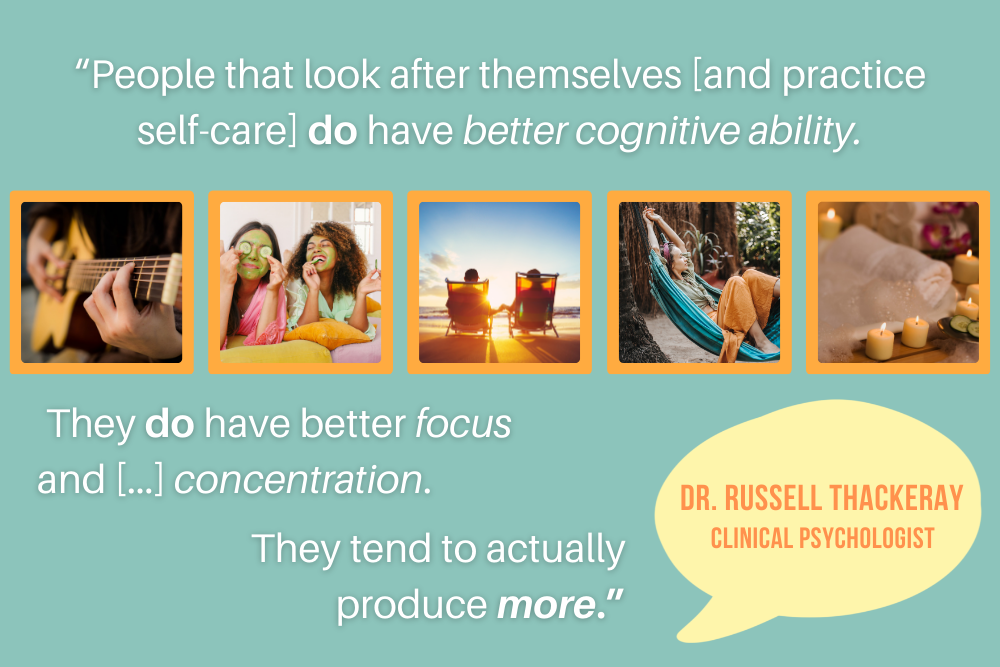Revenue-Raising Secrets: Higher Wages + Paid Time Off?
Does this sound absolutely counterintuitive and utterly ridiculous? In this case, truth IS stranger than fiction! There is actually science to support this, and not just a little bit.
In this article:
- Re-evaluating the Grind
- Employee Paid Days Off = Employer Pay Off
- Other Options: Happy Employees Improve Business Success
- Have more insight on how your company benefits from your employees’ benefits?
Re-evaluating the Grind
More time in the office or on the floor does not equal more profit. An exhausting and overtired experiment, this whole eight-working-hours-each-weekday thing is merely a century-long practice that is overdue for a revamp. The data proves that five eight-hour days are less productive than four for a variety of reasons–and this is coming from experts and first-hand accounts of company leaders. NPR notes that “There is clear evidence around the world that if you reduce work time, you increase productivity.”
Why is this? Spending 71% of your days (that’s 5 out of 7) at work leaves less than 30% of your week to focus on family, obligations, self-care, and rejuvenation. Because, let’s be honest–commute times for on-site jobs, required non-paid lunch hours eat up more time on these days, too. The 9-to-5 (or equivalent) grind is known to lead to burnout, encourage use of sick leave (hint: lower morale means more use of sick days by staff), and increase turnover in jobs (more money spent on recruiting and training). You want to know a worrying fact for your company? Most employees working an eight-hour day are only productive about half of the time, if that much!
BACK TO TOP
Employee Paid Days Off = Employer Pay Off
Data gathered across the globe from the U.K. to Iceland to Japan are indisputable: working fewer hours not only improves employee physical health and mental wellbeing from reduced stress and increased sleep, but it actually benefits their company’s bottom lines.
These findings are relevant today. Last month in the UK, a six-month trial wrapped up in which 73 companies took part where they continued to fully pay employees, yet required only 4 days of work. 41 of these companies responded to a survey halfway through the trial, and an overwhelming 35 of the companies stated they were “likely” to “extremely likely” to continue to implement this policy once the trial duration ended. All but two of the 41, or 95%, noted that productivity was either the same or higher, and six reported that productivity had significantly increased, AND human error decreased. They were finding more success and increased revenue with less time spent doing actual work. ?
Leaders from these businesses continue singing the praises of this workweek reimagination: they’re making more money, holding fewer meetings, and making more efficient use of their time through careful organization without added stress. The CEO of the 5 Squirrels dermatology firm has been monitoring his staff weekly through a survey determined that they reported feeling 10% happier and 18% less tired than before the trial began.
With modern ability to track revenue-raising performance and profits, the data makes no bones about the harvests awaiting you. The season is now: the fruit of prosperity awaits your reaping!
BACK TO TOP
Other Options: Happy Employees Improve Business Success
We get it–this may not be the right time for your company to switch gears. However, there are some other ways you can give your employees the gift of time to keep their self-care at the forefront so they can bring you their best.
1. Make WFH (work from home) days a part of the regular rotation.
-
- Working in sunlight, sweatpants, avoiding the time (and gas) cost of commuting, and spending your coffee break with your cat can go a long way.
2. Gift paid days off when you can.
-
- When the crunch time is over or a busy season wanes, throwing a long weekend or two with advanced notice can help your team make the most of their time off.
3. Be a leader: refuse to operate business on major holidays.
-
- When Aliya is at work thinking about the quarter’s goals versus miserably pondering what is being missed at the home celebrations, they are less likely to make mistakes and to finish a more inspired and timely project.
- Tip from the Pack: Set the example! Lead by showing employees that you respect your own time. Our CEO Derek Chew has set the bar for Fullmoon: “[T]he absence of mutual respect is disastrous.” (He also gave everyone [himself included] the week between Christmas and New Years off after the holiday rush!)
4. Give them time back.
-
- If they get the work done well in less time, give that time back to them. People need a break every so often due to the human need for rest. They can do this by emptily faffing about at the jobsite on company time with a set punch out time. Or, workers can spend that time meaningfully knowing they will get that chance as soon as they complete their job well-done, and they’ll come back happy to get the next thing underway.
5. Pay your employees more, period.
-
- It turns out when people aren’t worried about paying off debt and how they can afford to feed their kids healthy diets, the companies they work for prosper.
- Ultimate Example: Gravity Payments’ CEO Dan Price laterally pays himself and his employees despite the critics. What happened was groundbreaking:
The short of it: Nay-sayers claimed Price’s idea was a failure of a business model, skeptical that the business would last much long past its founding in 2015. Yet here we are, two years deep into a pandemic that sent many companies scrambling, cutting costs and employees. For many businesses, even these cost-saving strategies couldn’t keep them afloat. But Gravity thrived so much so that Price even increased base pay for employees, originally at $60k, to $80k in 2022.
How is this possible? In the midst of uncertain times when the economy is struggling to maintain its footing, employees who were able to meet their basic needs comfortably had time to take care of themselves and stress less, which is the key to getting the top performance out of anyone. This isn’t some lofty daydream: hard science data backs this up.
While not every startup or small business can start folks off on a pay that matches that number, every company can do something to improve their bottom-line through taking action to ensure employee livelihood and morale, and, therefore, peak business performance.
BACK TO TOP
Have more insight on how your company benefits from your employees’ benefits?
At Fullmoon, we are always looking for ways to innovate and build a strong team with a stronger culture. Send us a message at hello@fullmoondigital.com or at our LinkedIn to share your wisdom with us!

Tune in next week for the latest news in digital marketing from the Wolves’ Den.






